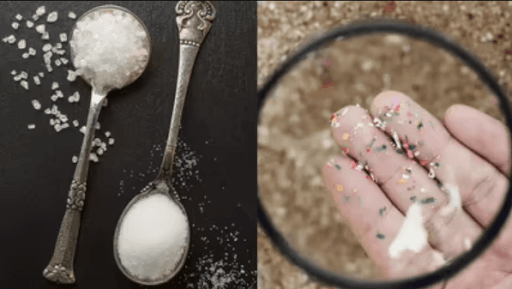PROOF: High Insulin causes Fat Storage [graphic] 2024
In the discussion led by Dr. Ken Berry, the focus is on the effects of insulin levels on fat storage. Hyperinsulinemia, a condition where insulin levels are too high for prolonged periods, can lead to fat storage and growth. This article delves into the details of this process, providing insights and visual examples of insulin-induced lipo hypertrophy.
Insulin, a hormone that performs numerous functions in the human body, is significant in its ability to store fat. Although its primary role is regulating blood sugar levels, it also facilitates the deposition and growth of fat cells—a process known as hypertrophy—particularly when its concentration remains high in tissue for extended periods.
Dr. Berry provides examples of insulin-induced lipo hypertrophy, a condition often observed in individuals who require regular insulin injections for diabetes management. This condition occurs due to the repeated injection of insulin into the same site, resulting in localized fat overgrowth. It highlights the importance of rotating injection sites to prevent this overgrowth.
Hyperinsulinemia is not limited to those injecting insulin. Diets high in carbohydrates can lead to spikes in blood sugar, subsequently increasing insulin levels. Dr. Berry warns that consistently high insulin levels can lead to widespread fat storage, contributing to obesity and other health issues.
Genetics also play a role in how bodies store fat. Some populations might find it easier to store fat compared to others. However, anyone experiencing hyperinsulinemia is at risk of inappropriate fat storage, highlighting the necessity of dietary regulation.
Dr. Berry advises monitoring fasting insulin levels, suggesting a target of 10 or below to reduce risks. Effective management includes adopting a low-carbohydrate diet to prevent prolonged elevated insulin levels, which could exacerbate fat storage and lead to other health complications.
"Check your fasting insulin and eat a diet that’s low enough in carbohydrates," Dr. Berry recommends.
From Around The Web
Healthy Shark is a blog & weekly newsletter that curates trending news and products related to health and wellness from around the web. We also gather content from various sources, including leading health professionals, and deliver it directly to you.
Please note that we may receive compensation if you purchase any products featured in our newsletter. Healthy Shark is not affiliated with, nor does it endorse, any health professionals whose content may appear in our newsletter. The information provided is for general informational purposes only and should not be considered medical advice.
The information provided is not intended to replace professional medical advice, diagnosis, or treatment. All content, including text, graphics, images, and information available is for general informational purposes only. We do not guarantee the accuracy or completeness of any information presented and assume no liability for any errors or omissions. The content is subject to change without notice. We encourage you to verify any information with other reliable sources and consult your physician regarding any medical conditions or treatments.







